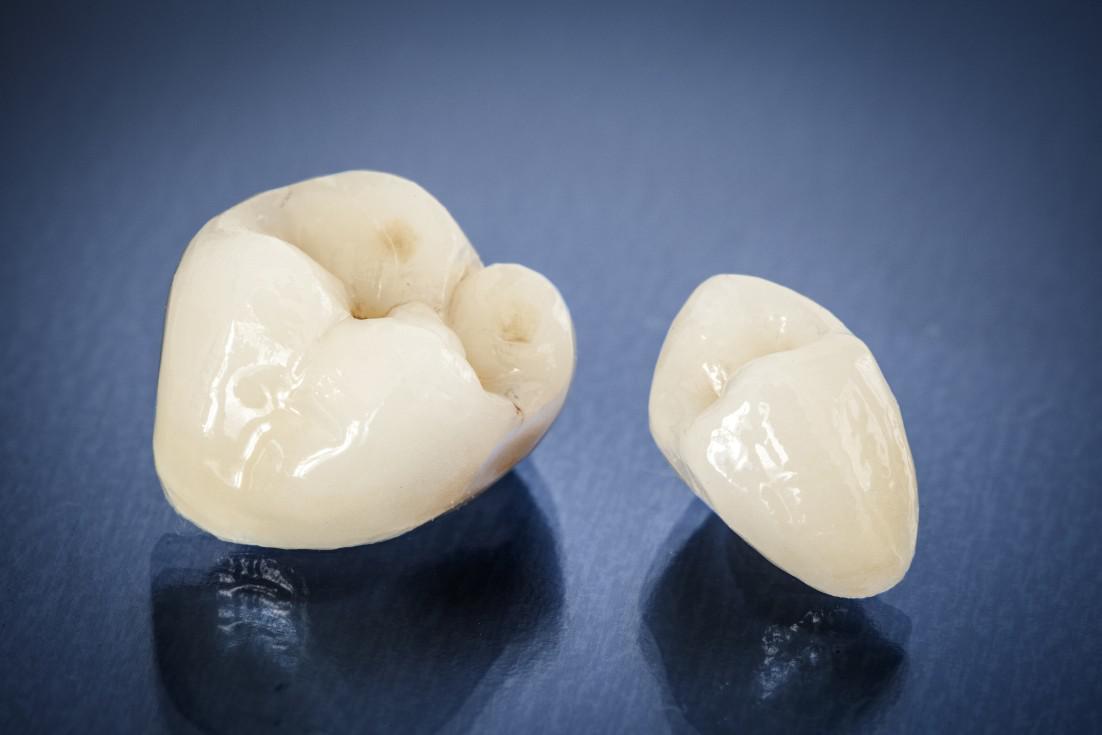
Many dental restorations are noticeable, but our mission is to deliver results that are virtually undetectable. We specialize in replacing crowns and fillings with restorations designed to blend seamlessly with your natural teeth in appearance and function.
For patients with significant tooth damage, we offer durable solutions such as porcelain or porcelain fused to gold crowns. These advanced techniques can restore even the most severely compromised smiles, providing teeth that look and feel completely new. Our reputation for excellence is built on the transformative results we achieve with this technology. Such treatments offer long-lasting correction for major dental issues and can typically endure for 20 to 30 years—offering a longevity that is as close to permanent as possible in restorative dentistry.
The Dental Crown Procedure: What to Expect
Fitting a dental crown usually involves at least two office visits. During the first appointment, we remove any decay, shape the affected tooth, and provide a temporary crown made from plastic or metal to protect it.
At your follow-up visit, we remove the temporary crown and carefully place and adjust your custom crown for the perfect fit. The final step is to securely cement the crown, restoring both function and appearance to your smile.
Advantages of Dental Crowns
- Restore missing teeth
- Reinforce and support misshapen or severely damaged teeth
- Provide a natural, lifelike appearance
- Address both cosmetic and functional chewing issues
Capabilities of Crowns and Bridgework
Crown and bridgework offer reliable solutions for extensive dental problems resulting from accidents, disease, or wear over time. Using high-quality materials such as porcelain or porcelain bonded to gold, we can address even the most serious dental conditions. For situations involving accidental tooth loss, significant breakage from wear, or failed fillings, crowns and bridges serve as an effective and lasting solution.
For patients experiencing unexplained pain in filled molars, the discomfort is often caused by hairline fractures in the tooth. Placing crowns on these teeth can alleviate pain and restore full functionality. In the front of the mouth, old or failing fillings may weaken teeth and affect their appearance due to staining or chipping. In such cases, porcelain crowns and bridges are ideal, especially where veneers may not be appropriate. Additionally, for teeth that have undergone root canal treatment, crowns help prevent future breakage and add vital strength.

